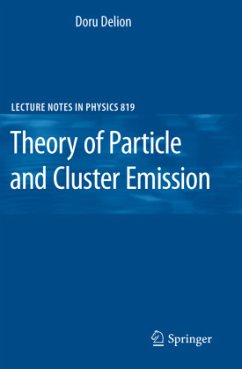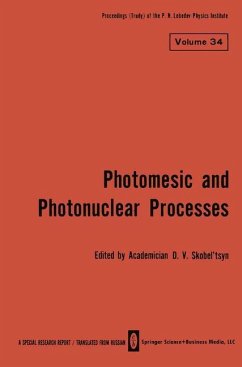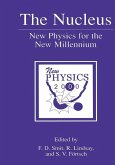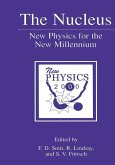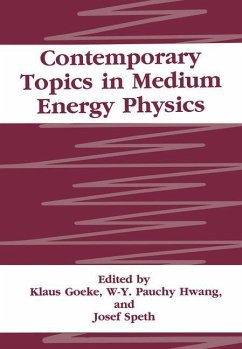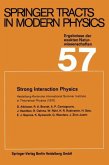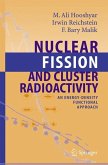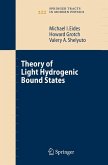Nowadays experimental nuclear physics pushes its
limits towards highly unstable nuclei. The
theoretical description of proton-rich and neutronrich
nuclei or superheavy elements has become an
important part of the modern nuclear physics.
The main tool to investigate such unstable nuclei
concerns radioactive decays, from proton emission to
fission processes. We review the main theoretical
methods describing decay processes induced by the
strong interaction, like Coupled channels method for
Gamow resonances, R-matrix theory, Distorted wave
approach, Semiclassical approach, Multi step and Two
center shell model. Thus, most of the book is
addressed to a broad audience within the nuclear
physics community. Secondly, this book is an attempt
to clarify some fundamental aspects connected with
the fine structure or anisotropy in alpha decay and
ternary cold fission. Finally, the self consistent
microscopic theory of the alpha decay is analyzed.
limits towards highly unstable nuclei. The
theoretical description of proton-rich and neutronrich
nuclei or superheavy elements has become an
important part of the modern nuclear physics.
The main tool to investigate such unstable nuclei
concerns radioactive decays, from proton emission to
fission processes. We review the main theoretical
methods describing decay processes induced by the
strong interaction, like Coupled channels method for
Gamow resonances, R-matrix theory, Distorted wave
approach, Semiclassical approach, Multi step and Two
center shell model. Thus, most of the book is
addressed to a broad audience within the nuclear
physics community. Secondly, this book is an attempt
to clarify some fundamental aspects connected with
the fine structure or anisotropy in alpha decay and
ternary cold fission. Finally, the self consistent
microscopic theory of the alpha decay is analyzed.

